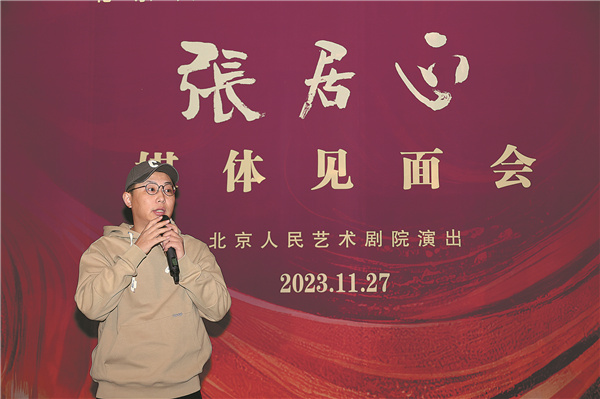

After Zhang's death, many people who hated him for his power, began to criticize and condemn him. The emperor had already retaken full control of the country, and sided with the accusers. Two years after his adviser's death, he lashed out at Zhang's family, confiscating all their assets and overturning the record of Zhang's reforms.
The play tells the story in two parts: the periods before and after Zhang's death, which are intertwined. The dead man looks back on his life in conversations with people who also died during his reforms.
"The play follows the story of Zhang during the first decade of the reign of Emperor Wanli. One of the highlights of the script is that it breaks the limitations of the timeline. Instead of in chronological order, the story is told with flashbacks," says co-director Yan Rui, adding that the stage set will be minimal.
Zhang Pei will take up the role of the empress dowager, the only female character in the play.
"She was a mother and she is unique in the male-dominated play," says Zhang Pei, adding that the cast also received Peking Opera training as its vivid, highly stylized techniques used to convey facial expressions and body language, and choreographed movements, are employed in the play.